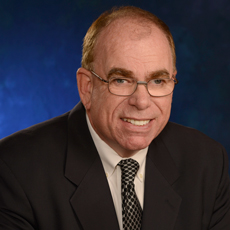
Partnerships linking skilled care operators and hospitals have been touted as all but inevitable. Yet so far, we’re seeing far more talk than action.
While managed care, bundled payments and accountable care organizations should help nudge things along, it remains to be seen how the anticipated marriages will occur. It turns out that Dallas might be a pretty good place to look.
There, opportunity and necessity are connecting Parkland Memorial Hospital with more than a dozen nearby skilled care operators. Under a newly created program, Parkland will acquire operating license for the 16 facilities.
To be sure, the SNF operators will still run the facilities, and they will be held responsible for any compliance irregularities. But Parkland will gain “supervisory control.” That’s no small consideration if you are a hospital trying to keep readmissions to an absolute minimum.
So what’s in it for the skilled care operators? For starters, there’s the $70-to-$100 daily increase above customary Medicaid payments. Then there’s the peace of mind that comes from knowing one of your region’s largest hospitals will be regularly sending residents your way.
Texas lawmakers put the program in place two years ago, as the state was shifting Medicaid-covered long-term care services to managed care. The new arrangement lets nursing homes claim supplemental Medicaid payments if their operating license is held by a non-state governmental entity, which Parkland happens to be.
The catch is that the “government entity” must own the facility’s license and also be a party in the nursing home’s contract with the state’s Medicaid contract. Hence the transfer of licenses.
The bottom line is that both Parkland and its skilled care partners will tap into more revenue than would otherwise be possible. That’s the kind of win-win scenario that other states, providers and managed care companies will surely notice.
John O’Connor is McKnight’s Editorial Director.




